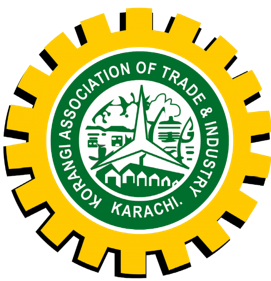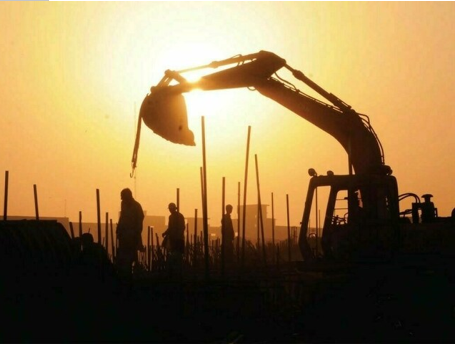INP-WealthPk
Ahmed Khan Malik
The Korangi Association of Trade & Industry (KATI) has vowed to embark on a fresh strategic phase under its newly-appointed leadership to accelerate industrial growth, strengthen its advocacy, and support the factory owners and workforce across this pivotal industrial hub.

Korangi Industrial Area (KIA) spans thousands of acres and hosts a broad range of manufacturing and service enterprises — from textiles and leather, to chemicals, pharmaceuticals and engineering. The new leadership has emphasised the need to leverage this industrial might in a systematic, structured manner to drive development not only for members, but also for the broader economy.
With a fresh mandate for growth, the new team at KATI has outlined a clear roadmap: first, to modernise infrastructure and ensure ease-of-doing-business in KIA; second, to advocate for policy changes that address regulatory bottlenecks; and third, to enhance linkages with global supply chains, investment flows and export markets.

“With the world shifting rapidly toward more sustainable production and higher product quality, KATI sees an urgent need to prepare its membership for the future,” said Ikram Rajput, newly-elected KATI President.
Talking to Wealth Pakistan, he said that part of the modernisation drive includes upgrading utilities, improving roads, ensuring reliable power and natural gas supply, and facilitating digital connectivity. “Firms in KIA often point to infrastructure constraints and service irregularities as persistent hurdles,” he said and pledged to intensify dialogue with government agencies and utility providers to address these challenges.
KATI’s president recognised that advocacy is central to its role. “By engaging with both Sindh provincial authorities and federal ministries, the association plans to champion reforms such as streamlined licensing, simpler environmental compliance procedures, and more competitive energy tariffs for industrial users. Given KIA’s status as a major employment center, KATI aims to articulate the economic imperative clearly — how improved performance at KIA benefits tax revenue, export earnings and job creation,” he explained.
“The new team is also promoting KIA to foreign investors, seeking partnerships with global buyers, and encouraging firms within the estate to move up the value chain. For example, rather than simply being assembly or light-manufacturing centres, many KIA firms are now looking to adopt automation and export-oriented production. KATI’s fresh strategy is to support this transformation with training programmes, industry-academia linkages, and access to new markets,” Rajput further explained.
He noted that another priority under the new leadership is workforce development. “With labour-intensive manufacturing evolving quickly — both domestically and globally — skilling the workforce is critical. KATI intends to liaise with technical education institutions and vocational training providers to build a pipeline of skilled workers able to operate more advanced equipment, maintain higher product-quality standards and respond to shifting market demands.”
In addition, sustainability is emerging as a non-negotiable factor in manufacturing competitiveness, he said. KATI’s plan includes promoting cleaner production methods, waste-management practices and energy-efficiency measures among its members, he added. “This will help firms not only comply with environmental regulations but also reduce costs and improve brand value in export markets that increasingly demand environmentally responsible suppliers.”
Credit: INP-WealthPk









